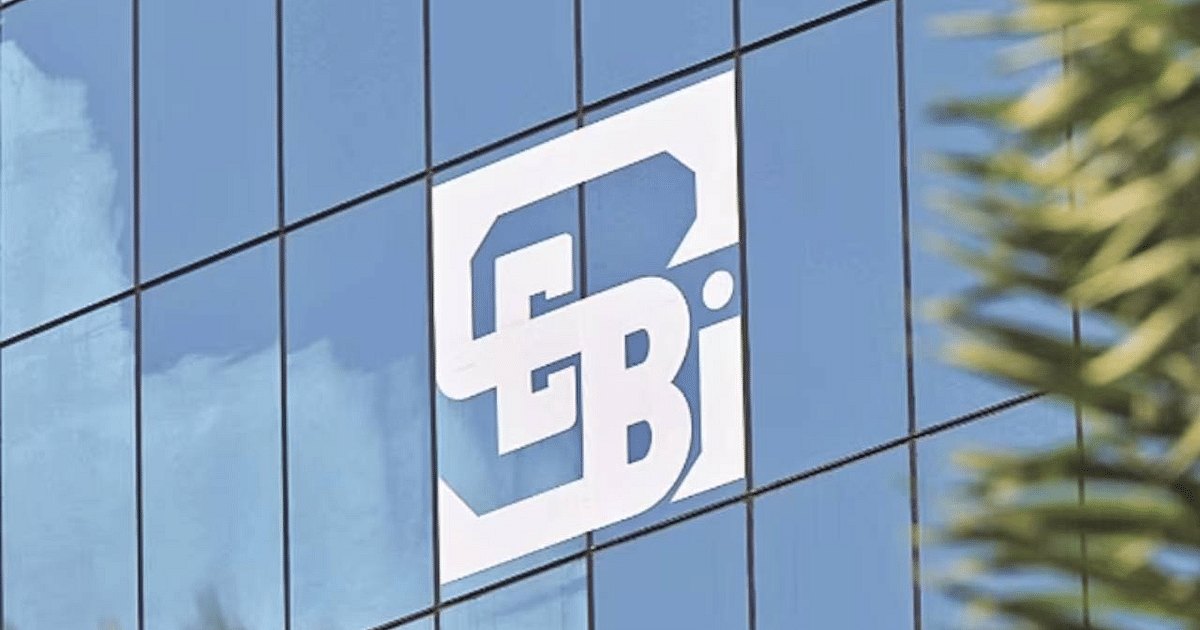SEBI Guidelines on Cyber Crime: In recent times, there has been a lot of increase in the cases of cybercrime. Despite the efforts of the police and the government, thugs are still making people their victims in one way or the other. It is being told that now the Securities and Exchange Board of India (Securities and Exchange Board of India)SEBI) has issued strict guidelines. SEBI has authorized stock exchanges and other market infrastructure institutions (mii) has been directed to urgently strengthen the existing cyber security and cyber resilience framework. In its new guideline, Sebi said that keeping in view the interconnectedness and interdependence of market infrastructure institutions for carrying out functions, the cyber risk of any market infrastructure institution is now limited to the systems, networks and assets owned or controlled by the MII. Not there.
What is SEBI’s guideline on cyber security?
SEBI said in its cyber security guidelines that all stock exchanges must maintain offline, encrypted backups of MII data. In addition, these backups must be tested regularly, at least quarterly, to ensure confidentiality, integrity, and availability. The primary data center in the guideline (PDC) and disaster recovery site (DRS) In case it is not possible to start its operation from both, the possibility of maintaining a spare hardware by rebuilding the system will have to be explored. Also, preparations have to be made to deal with ransomware attacks on institutions. Regular drills will have to be done to check the efficiency of the security controls in place at the ground level.
What is MII?
Market Infrastructure Institution (Market Infrastructure Institution) is a financial establishment engaged in providing various financial services and schemes that are necessary to support the smooth and orderly development of financial markets. These institutions often help with the efficiency, ecology, and management of financial markets. Market infrastructure institutions provide a variety of services, these services help in ensuring the cleanliness and timely delivery of sophisticated financial transactions. It includes various types of financial instruments and information systems that help in making the process of buying and selling of financial instruments smooth and effective. Under these services, the rules and regulation are followed for the ecology and transparency of the financial markets. Market infrastructure Institutions help in the process of trading a wide variety of derivative products by providing derivatives trading and settlement services.
Sebi looking to ease fund raising norms for non-profit organizations
Capital markets regulator Sebi on Tuesday proposed to bring flexibility in the regulatory framework for social stock exchanges to ease the process of raising finance for non-profit organizations (NPOs). The Securities and Exchange Board of India (SEBI) in one of its consultation papers has also suggested reducing the application size limit along with the minimum issue size for NPOs. Apart from this, SEBI has also talked about changing some of the conditions required for registration on Social Stock Exchanges (SSE). It has been suggested to do away with the system of no income tax notice or pending investigation against NPOs and use the term ‘Social Impact Assessor’ instead of Social Auditor. A non-profit organization (NPO) needs to be registered with the SSE to raise funds. Presently 31 NPOs have registered themselves in this segment with both the exchanges.
The regulator gave a big suggestion
The regulator has suggested reducing the minimum issue limit for NPOs issuing ‘Zero Coupon Zero Principal’ (ZCZP) bonds from Rs 1 crore to Rs 50 lakh. Along with this, it has also been proposed to reduce the minimum application limit in the public issue of ZCZP from Rs 2 lakh to Rs 10,000. The concept of social stock exchange was introduced for the first time in the budget for the financial year 2019-20. The regulatory framework for SSE was decided by SEBI in the year 2022. SEBI has invited public comments on its consultation paper by 19 September.

